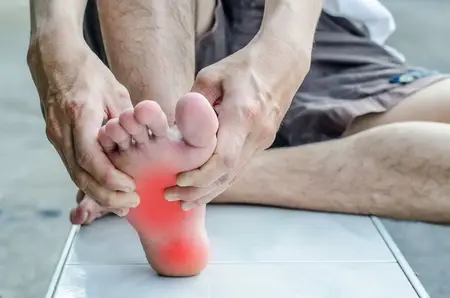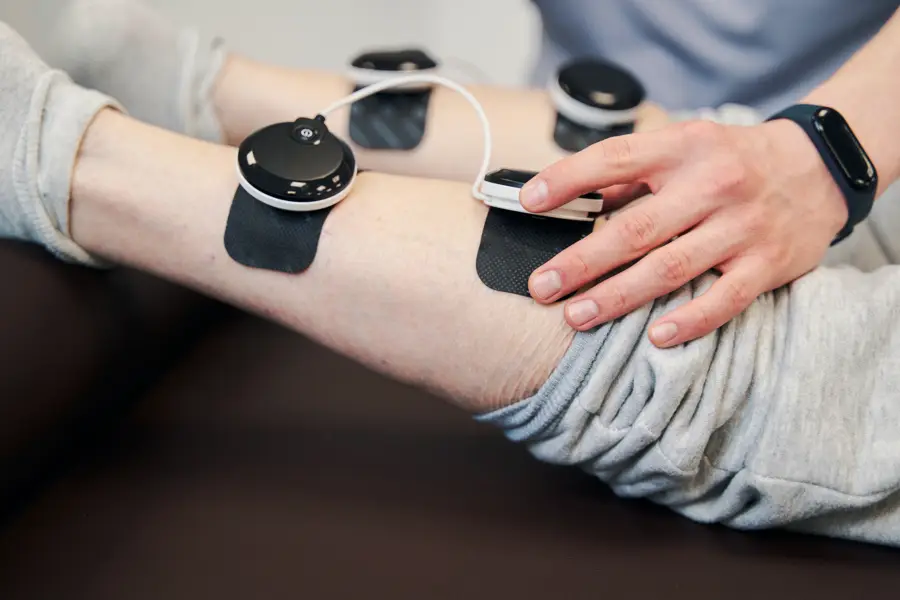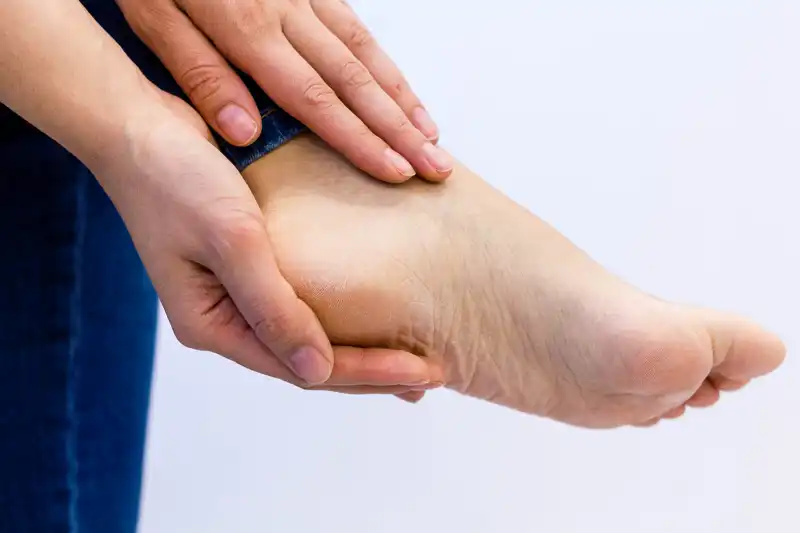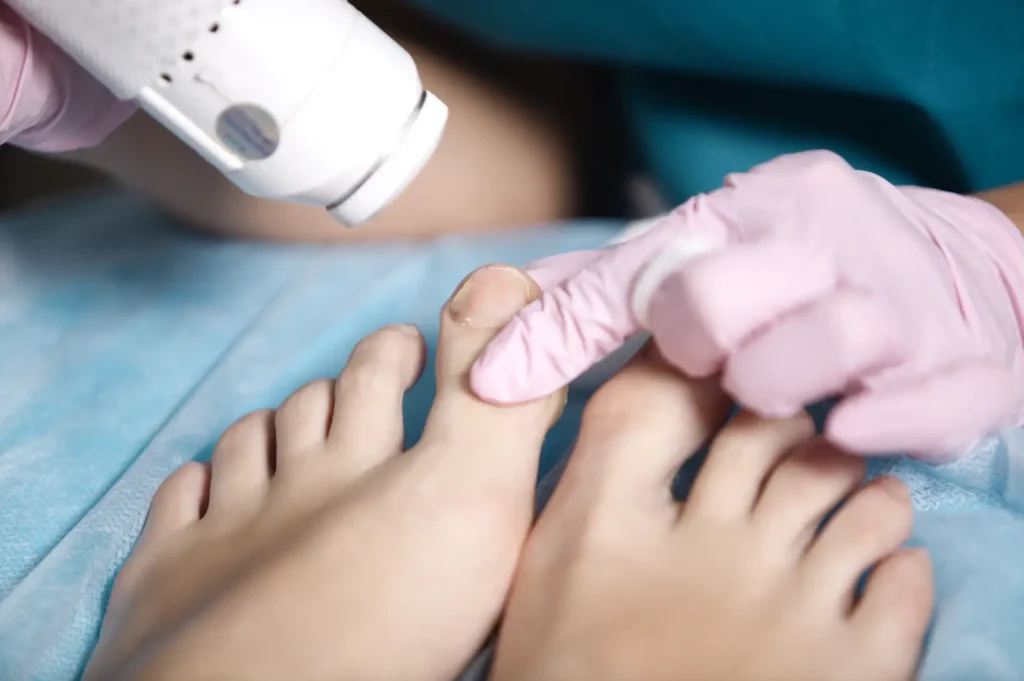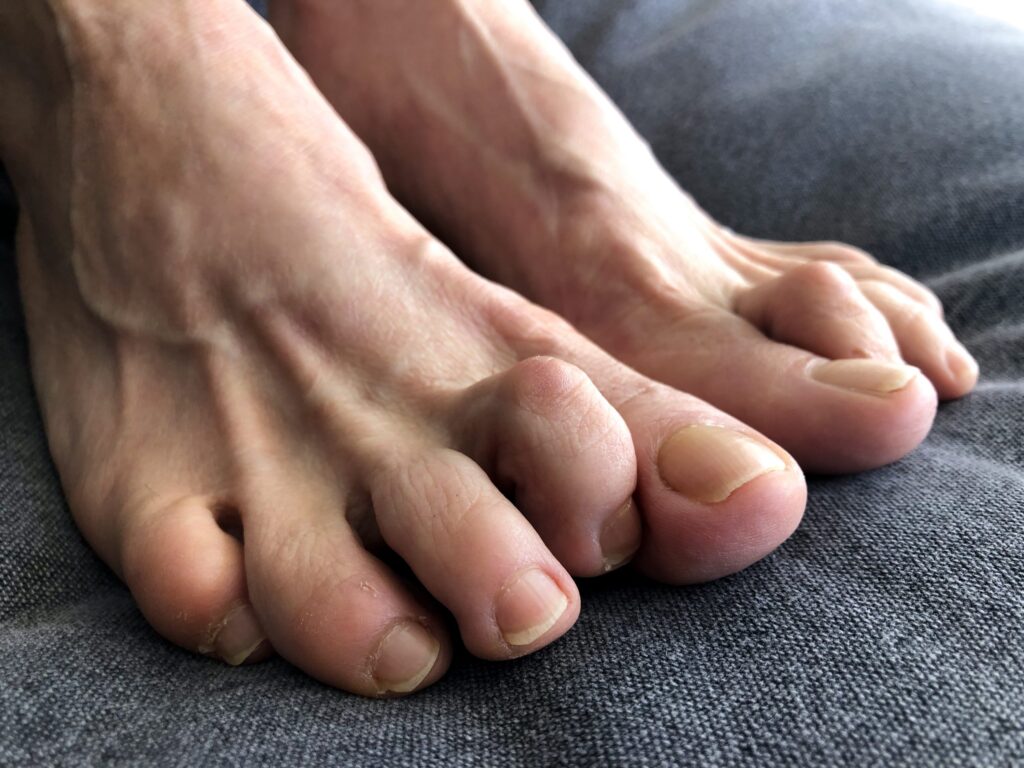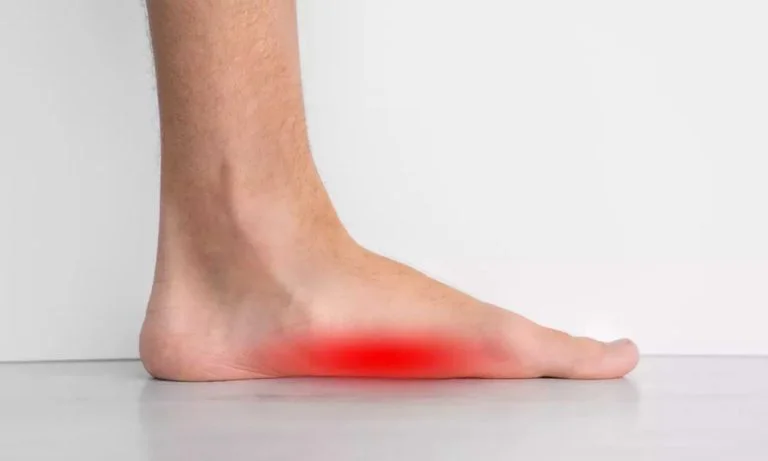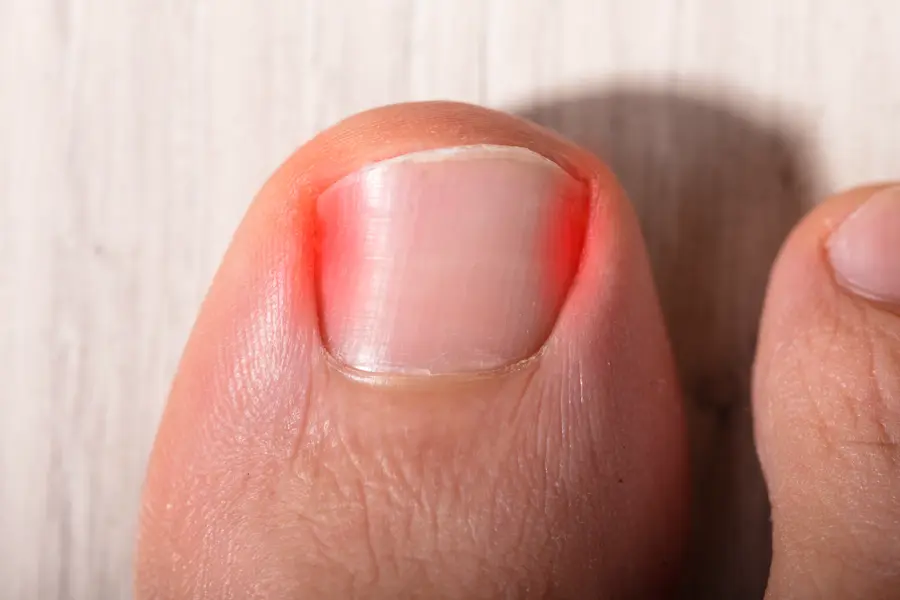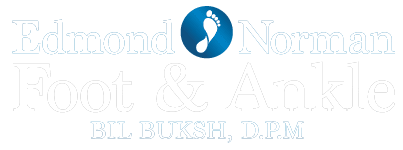Achilles Tendonitis
What is Achilles Tendonitis?
Achilles tendonitis is an overuse injury of the Achilles tendon, the band of tissue that connects the calf muscles to the heel bone. This condition is common among runners and athletes who engage in activities that involve repetitive stress on the tendon. It causes pain and inflammation in the back of the leg near the heel.

What are signs & symptoms of Achilles Tendonitis?
- Pain and stiffness along the Achilles tendon, especially in the morning
- Pain along the tendon or back of the heel that worsens with activity
- Severe pain the day after exercising
- Thickening of the tendon
- Swelling that is present all the time and gets worse with activity
- Limited range of motion when flexing the foot


